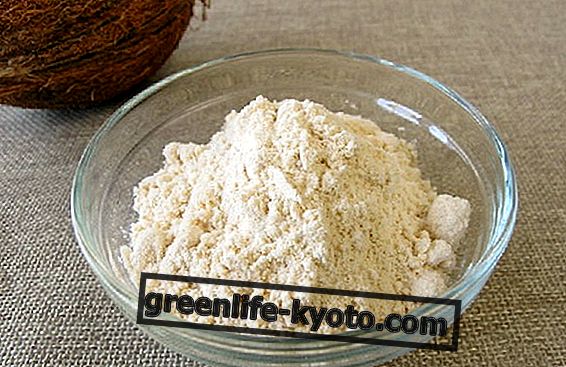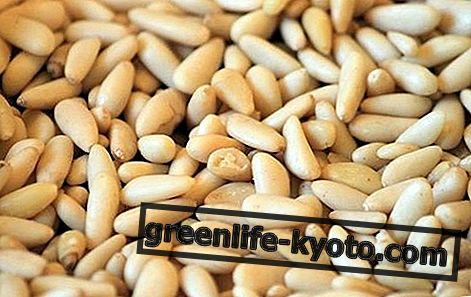
Among the unpleasant disturbances, it is on the winners podium. You never know what we will reserve: will we have a clear day or will we have to run again ... in the bathroom?
The irritable colon also us very irritable, with its unexpected highs and lows, with that swelling and malaise that always accompany us, whatever we eat.
Here is some more information on the irritable colon: knowing how to recognize the symptoms, tracing the causes, finding some natural remedies that can give us relief.
Irritable colon: symptoms
First of all what it is. Colon is the final part of the intestine that connects the small intestine to the rectum. Its function is to reabsorb water and mineral salts before they are eliminated with feces.
His movements are controlled by nerve and hormonal impulses: these contractions push the feces towards the "exit". If the contractions do not take place correctly, various types of discomfort can occur , all painful : constipation, diarrhea or swelling.
In the case of irritable bowel syndrome, the symptoms are even more complex, and can vary in different situations, even in the same person.
Here are the main ones:
- D abdominal color, lower left or in the lumbar region, which resolves with the elimination of gas and / or faeces;
- Stubborn constipation
- Diarrhea with frequent, rarely nocturnal discharges
- Abdominal swelling, bloating, nausea;
- Constant fatigue, headache, poor concentration;
- Difficulty urinating
In many cases the symptoms get worse in these circumstances:
- Abundant meals
- Taking some medications
- Foods containing gluten, chocolate, milk or alcohol
- Caffeinated drinks
- Stress or strong emotions
- Menstrual cycle (the worsening can be triggered by female hormones).
Food combinations for those suffering from irritable bowel
Irritable colon: causes
Science has not yet found a unique and specific cause for irritable bowel syndrome.
On the dock we find, however, almost certainly some foods (wheat, milk, chocolate, caffeine among the first), stress, the immune system.
The internal surface of the colon is in fact densely innervated (the nerve endings are affected by stress stimuli ) and regulated by the immune system, which must control the good tolerance of the substances taken.
In the case of an irritable colon these adjustments do not work properly: for example, there are no correct responses to the serotonin "messenger" in the colon cells.
Another hypothesis could be a bacterial infection, such as gastroenteritis, which leaves as a consequence irritable bowel syndrome called "post-infective" in this case.
Irritable colon: remedies
Since the causes are still to be studied well, it is not easy to recommend remedies that act "upstream" . However, we can look for indications that help alleviate symptoms .
In case of painful swelling the essential oil of mint can be used, with an antispastic effect against contractions, also available in capsules.
When the main symptom is pain, it is useful to reduce the ingestion of legumes, cabbage, onions, broccoli, spinach, plums, apples, cherries, bananas, milk, cream, ice cream, fatty foods, fried foods, wholemeal.
When constipation prevails, the substances that increase intestinal motility can be beneficial: glucomannan, psyllium, agar . It is also necessary to increase the dietary fiber with fruit and vegetables, whole foods and drink at least 1.5 liters of water per day.
During periods of diarrhea can help the charcoal, which absorbs air and water, consume foods such as fennel, carrots, apples and try to drink a lot to recover the water lost with the discharges.
In all cases, To reduce inflammation of the intestinal mucosa, teas made from mallow, marshmallow, licorice, anise, juniper, fennel seeds are useful .
Some stress reduction exercises or techniques are also useful, as well as any professional psychological support:
- Meditation
- Relaxation techniques
- Regular exercise
- Sleep an adequate number of hours per night
Yoga against irritable bowel













